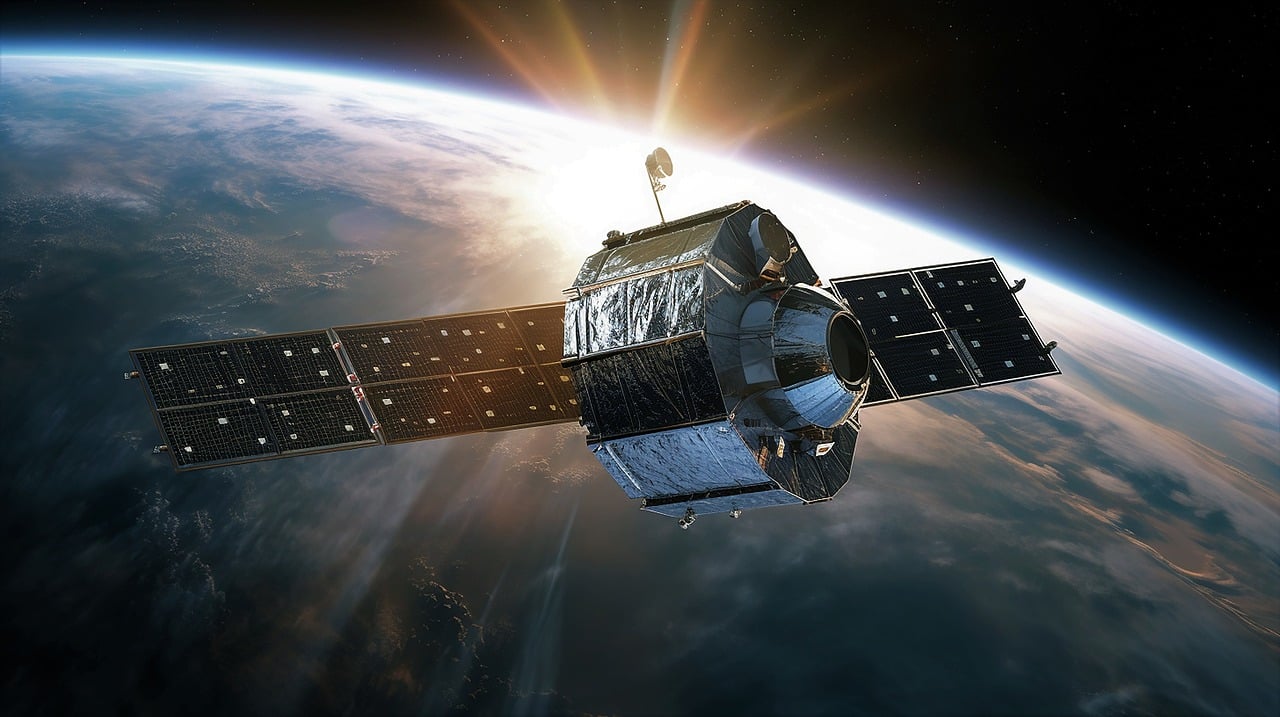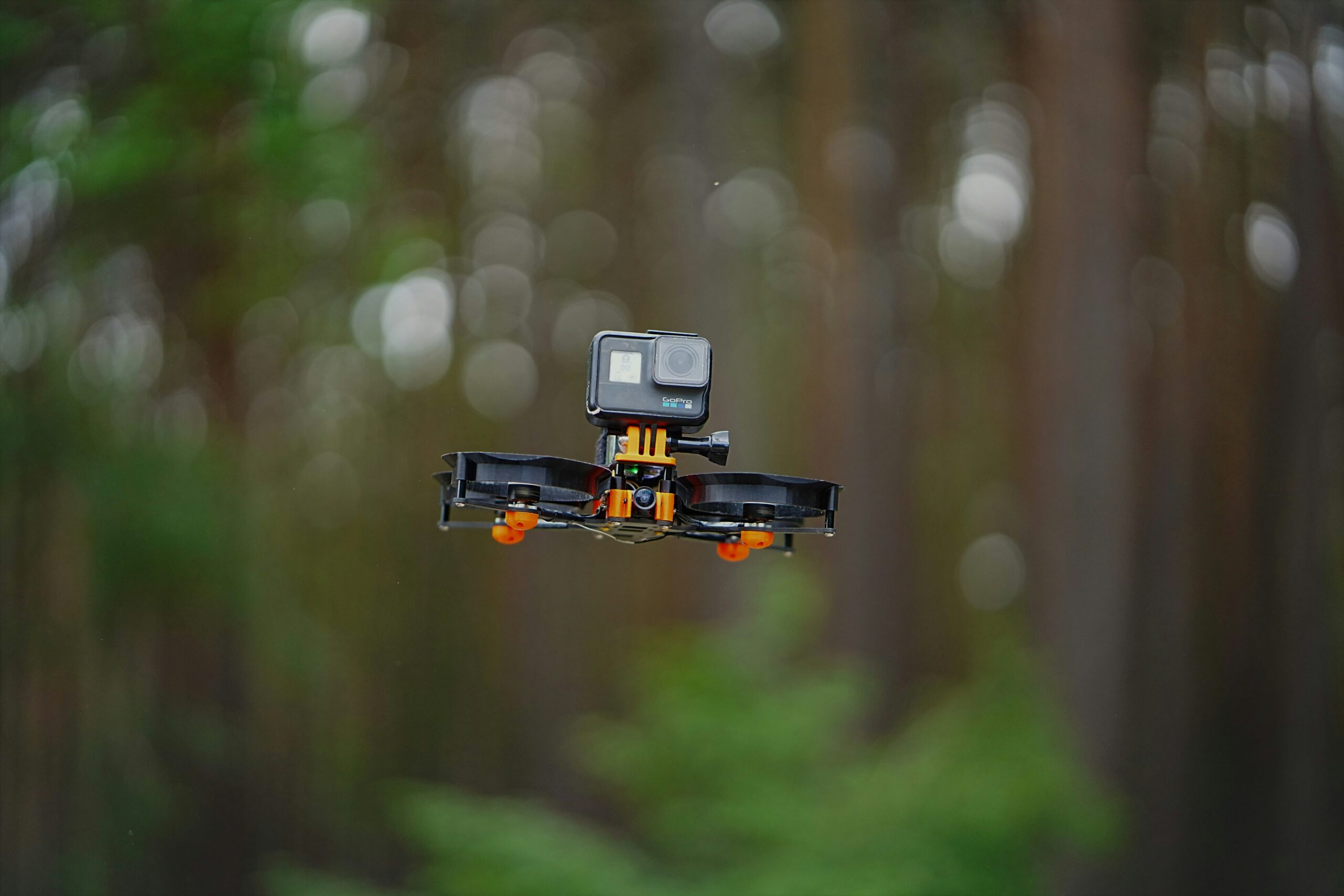This post is also available in:
 עברית (Hebrew)
עברית (Hebrew)
Kyoto University announced that the first wooden satellite in history is going to travel to space in September on a SpaceX rocket. The LignoSat satellite will reach the International Space Station (ISS) and be released into orbit for a test run of up to six months in which the scientists will monitor how the wooden surface endures extreme temperatures and intense solar radiation.
As we previously reported, the researchers worked extensively to identify the most suitable wood for the job, eventually deciding to use magnolia tree wood to build the LignoSat, as it demonstrated the most strength and resilience.
Furthermore, the scientists behind the idea expect that the wooden material will burn up completely upon re-entering the atmosphere, which could offer a solution to the issue of the metal particles that are created when a retired satellite reaches Earth.
According to Cybernews, space junk is posing an increasingly serious problem as more objects populate Earth’s orbit, with some studies warning that the accumulation of satellite debris could eventually create Saturn-like rings around Earth made entirely of space junk.
Another danger caused by this debris is also physical, as they sometimes literally fall from the sky – a recent example from March 2024 included a part of a space cargo pallet that unexpectedly did not burn when passing through the atmosphere and hit a residential area, causing damage.
Lastly, apart from the danger of falling pieces of metal, there is also an invisible danger – the small metal particles that are left behind by burning satellites and accumulate in the upper atmosphere. Although the long-term effects of these metal fragments are unknown, many scientists expressed their worry that they could damage Earth’s ozone layer.
All these facts considered, it is unsurprising that we are seeing more and more calls for regulation, with NASA and other regulatory bodies advocating for an international treaty. This treaty (which is currently under debate at the UN) would hold manufacturers and operators of satellites accountable for them and their debris from launch to the end of their lifecycle.


























